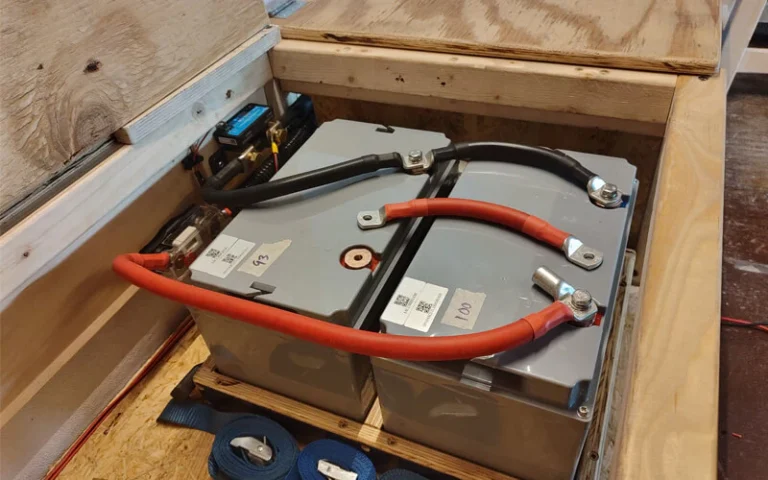Is an Inverter System Suitable For My Home?
Have you ever wondered if an inverter system can effectively power your entire house? The answer is yes, but it’s not a straightforward solution as there are many factors to consider before getting an inverter system. Let’s delve into the factors that determine whether an inverter system can meet your household energy needs.
Factors to consider:
- House Size: The size of your house plays a crucial role. Larger homes require more energy to sustain daily activities. Therefore, you’ll need a sufficiently large inverter capacity and batteries to store enough energy for uninterrupted power during outages.
- Solar Energy Generation: If you have solar panels, they can generate electricity to power your home. However, solar energy production fluctuates based on factors like weather conditions and the time of day. To ensure a consistent power supply, especially during nighttime or cloudy days, you may need an inverter battery to store excess energy.
- Battery Types: There are two main types of batteries: lead-acid and lithium-ion. Lead-acid batteries are more affordable but have a shorter lifespan. On the other hand, lithium-ion batteries are pricier upfront but offer longevity and higher energy storage capacity, making them a more cost-effective option in the long run. Contact us on 09067522620 to get our Lithium-ion batteries
Tips for Choosing an Inverter Battery:
- Assess your house’s size and energy requirements.
- Ensure your battery’s compatibility with your existing solar inverter.
- Consider the solar systems’ lifespan and warranty terms.
- Compare prices to find the best value for your investment.
Additional Factors to Consider:
- Efficiency of solar panels and inverters.
- Energy consumption patterns of household appliances.
- Local climate conditions affecting solar energy production.
- Age and condition of the system.
If you’re unsure whether an inverter system is suitable for your home, don’t hesitate to seek expert advice. Our team is here to provide personalized recommendations based on your specific needs.
We hope this blog post has provided valuable insights into the potential of inverter systems to power your home. For further inquiries or assistance, please don’t hesitate to reach out to us on 09067522620.
The post Is an Inverter System Suitable For My Home? appeared first on Kartel.

